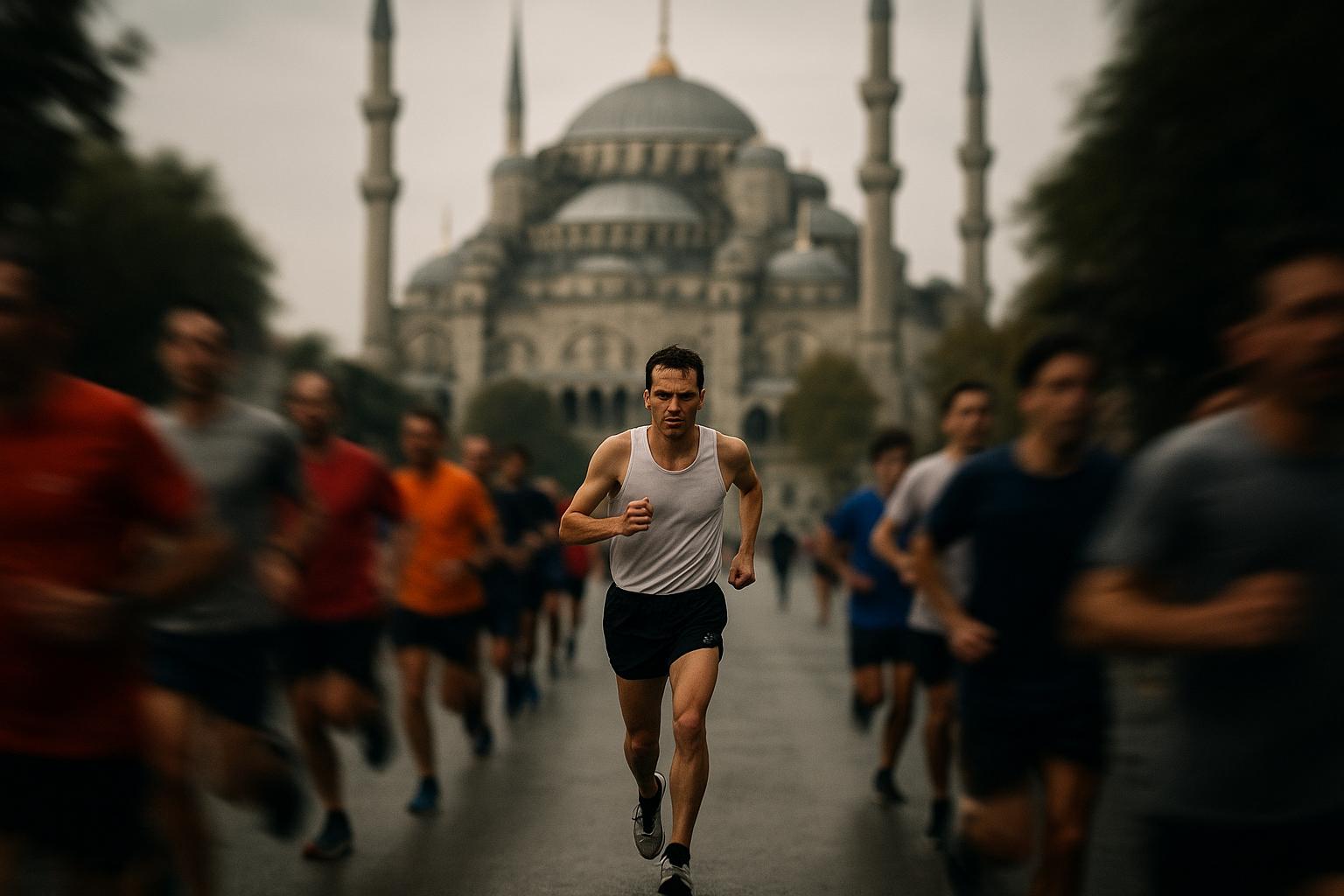A charity run held in London’s Victoria Park has sparked controversy after it excluded females over the age of 12, drawing sharp criticism and prompting a formal inquiry by the Equality and Human Rights Commission (EHRC). Organised by the East London Mosque and the London Muslim Centre, the event was promoted as an “inclusive 5km race” welcoming “runners and supporters of all ages and abilities.” However, participation was limited to “men, boys of all ages, and girls under 12,” effectively barring women and older girls from taking part.
Communities Secretary Steve Reed expressed his profound dismay over the exclusion, calling it “absolutely unacceptable.” Speaking to LBC Radio, Reed stated he was “horrified” and “appalled” by the decision, stressing that the country could not tolerate a situation where men are allowed to do things from which women are barred. He indicated that the EHRC would investigate to determine if the event breached any laws or regulations, with sanctions possible if violations are found.
The EHRC confirmed it receives weekly complaints regarding alleged unlawful activities under the Equality Act 2010 and considers each complaint carefully before deciding on appropriate action. The commission is understood to be reviewing this incident following initial reports, amid widespread media coverage that has highlighted concerns about gender discrimination.
The controversy has intensified because the event was advertised as family-friendly and inclusive, drawing in hundreds of participants and supporters. Yet, the exclusion policy has been widely branded as “sexist” and “regressively discriminatory” by critics. A barrister quoted by one media outlet suggested that the mosque’s decision may have contravened the Equality Act, although certain exemptions do exist under the law for charitable and religious organisations to hold single-sex events.
The Muslim Women’s Network UK voiced a nuanced perspective, recognising that single-sex charity runs can be legally permissible but suggesting that the event organisers could have implemented “practical steps” to accommodate females without compromising religious beliefs. Baroness Shaista Gohir, the network’s chief executive, argued that simple adjustments—such as separate starting times or distinct groups for women and girls—would have demonstrated a genuine commitment to inclusion while preventing the reinforcement of negative stereotypes about Muslim communities. Baroness Gohir also raised concerns about the disproportionate media focus on the event, suggesting that some of the backlash might stem from broader societal hostility towards Muslims rather than purely from concerns about women’s equality.
In response, the East London Mosque Trust emphasised its “long-standing commitment to supporting women and girls” and highlighted its encouragement of female participation in a variety of sporting activities, including boat races, cycling, hiking, and marathons. Nonetheless, it did not directly clarify why women and girls over 12 were excluded from this specific charitable run. The mosque’s website describes the annual Muslim Charity Run as a key fixture in the East London Muslim calendar, raising funds for a broad range of causes locally and internationally, from youth projects and food banks to refugee support and humanitarian relief efforts.
Tower Hamlets Mayor Lutfur Rahman, who attended the event’s prize-giving ceremony, praised the run as a “truly inspiring community effort” and congratulated all participants. However, his defence of the exclusion policy has generated further controversy. When questioned about the decision to bar women and older girls, Rahman suggested that the priority should be on the community’s unity and dismissed criticism, sparking a backlash from those who see the policy as exclusionary and sexist. The Tower Hamlets Council stated the event was independently organised and not council-run but has reached out to the mosque for urgent clarification amid public concern. The council reaffirmed its commitment to inclusive and accessible leisure and sporting activities.
This incident highlights ongoing tensions within communities about balancing religious observance and gender equality, especially when events are publicly advertised as inclusive yet impose restrictive participation criteria. The debate continues as the EHRC assesses the case, with wider discussions about the rights of women and girls in faith-based contexts, legal exemptions, and the importance of fostering genuine inclusivity in community activities.
📌 Reference Map:
- Paragraph 1 – [1], [7]
- Paragraph 2 – [1], [5]
- Paragraph 3 – [5], [1], [2]
- Paragraph 4 – [2], [1], [6]
- Paragraph 5 – [1], [2]
- Paragraph 6 – [1], [3], [4]
- Paragraph 7 – [1], [3], [4], [2]
Source: Noah Wire Services
